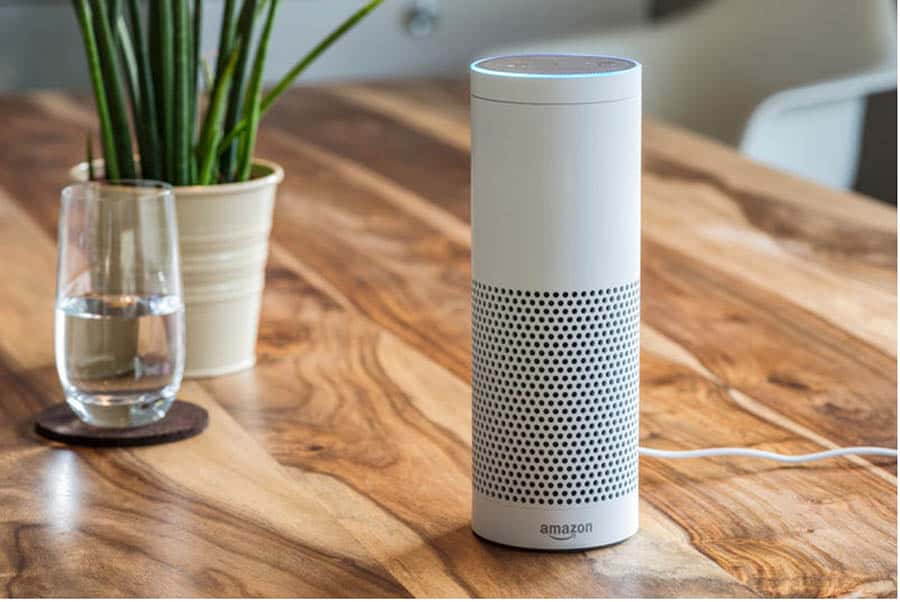72% of speech and language therapists report lack of opportunity to use Alexa with clients

49 UK speech and language therapists have shared their insights on using commercially available voice-assistive technologies, such as Amazon Alexa or Google Assistant, with clients to support independent living.
Published in the journal JMIR Rehabilitation and Assistive Technologies, the study – ‘Speech and Language Practitioners’ Experiences of Commercially Available Voice-Assisted Technology: Web-Based Survey Study’ – provides invaluable understanding into the potential of voice-assisted technology to help people with speech impairments, as well as identifying barriers to adoption among therapists.
The study is positioned in the context that there are not enough qualified speech and language therapists globally to support individuals with speech impairments. The paper wanted to uncover how effective voice-assisted technologies are in helping clients with speech difficulties.
UK speech and language therapists completed a 23-question survey using a web-based platform asking about their perceptions and any use experiences with voice-assisted technologies.
While a total of 230 professionals completed the survey, only 49 therapists had used voiced-assisted technologies with their clients and described 57 use cases. They reported using these devices with 10 different client groups, such as people with dysarthria and users of augmentative and alternative communication (AAC) technologies.
Of these, almost half used the technology to assist their clients with day-to-day tasks, such as web browsing, setting up reminders, sending messages, and playing music. Over one-third of respondents also reported using the technology to improve client speech, to facilitate speech practice at home, and to enhance articulation and volume.
Most reported a positive impact of voice-assisted technology use, stating improved independence (39 percent), accessibility (10 percent), and confidence (eight percent).
Looking at some of the barriers to the adoption of voice-assisted technologies, many therapists reported a lack of opportunity (almost three-quarters) and training (just over one-third).
More than eight in 10 respondents indicated that they would like to try such assistive technologies in the future, stating that it could have a positive impact on their clients’ speech, independence, and confidence.
The study suggests that the field of voice-assisted technology for use among people with communication impairments is ripe for the development of evidence-based clinical practice, starting with a clear definition, outcome measurement, and professional standardisation.
Read the full survey here.

